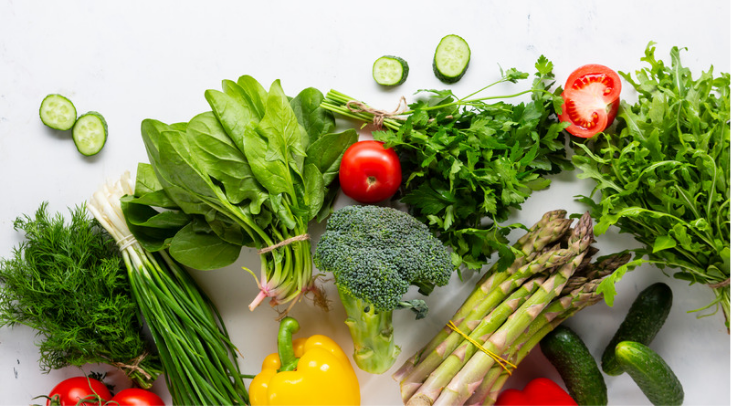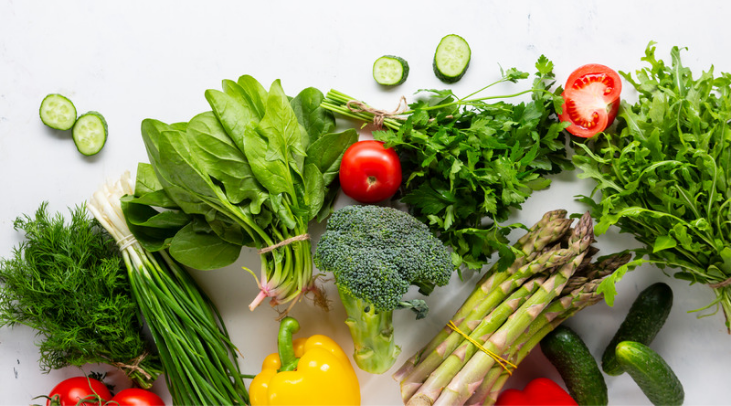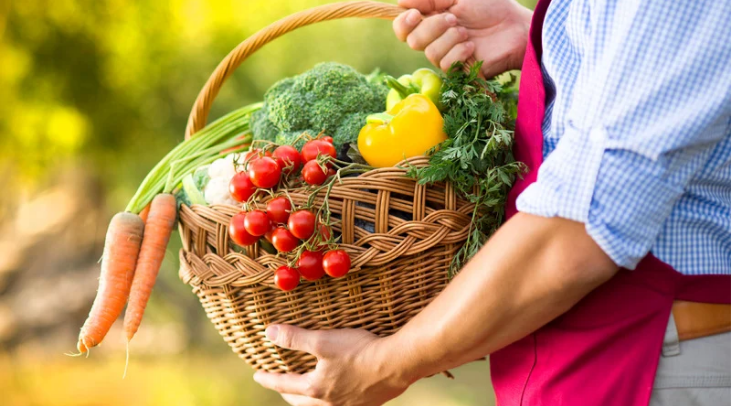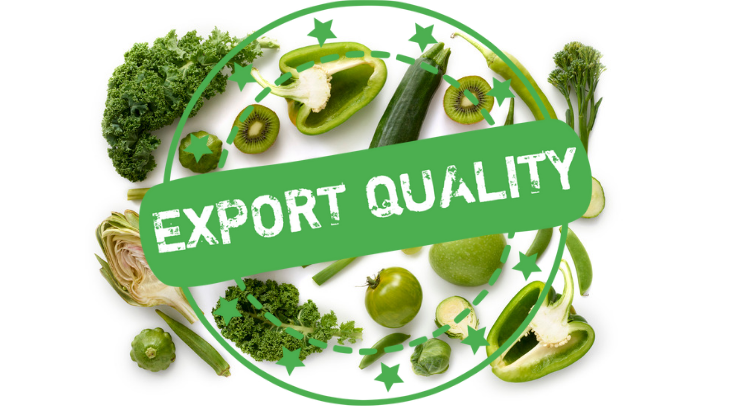How Exporting Fresh Produce Reduces Food Waste on a Global Scale
In a world where millions of people go hungry every day, food waste is a glaring contradiction. According to the Food and Agriculture Organization (FAO), almost one-third of the food produced worldwide is wasted. Here, exporting fresh produce proves to be an effective solution to this pressing issue. By connecting areas with surplus and those in need, exporting fresh fruits, vegetables and spices reduces food waste and ensures a more equitable distribution of resources. Bridging the gap between surplus and demand In agricultural regions, bumper harvests often result in an excess of fresh food. Without sufficient local demand or storage infrastructure, much of this surplus risks being wasted or left to rot. Exporting fresh produce allows this surplus to reach international markets where there is high demand for quality fruits and vegetables. This not only prevents waste but also maximises the value of the products. For example, products such as ginger, pomegranate and lemon from India have attracted eager consumers in the UAE and elsewhere. This ensures the best use of the crop, benefiting farmers and reducing pressure on local markets. Maintaining quality through modern logistics One of the biggest challenges in reducing food waste is ensuring the quality of fresh food is maintained during transport. Exporting has led to significant innovations in cold chain logistics, packaging and storage. Technologies such as vacuum freezing, controlled atmosphere storage and temperature-controlled containers ensure products stay fresh for longer. This means that fresh produce that might spoil due to local infrastructure constraints now reaches global markets in pristine condition. Companies like Freshly Picked work with many farmers and combine their logistical expertise with modern preservation methods to provide high-quality fresh produce while minimizing waste. Promoting sustainable agricultural practices Fresh produce exports also promote sustainable agriculture. Farmers are motivated to adopt better agricultural practices to meet the quality and safety standards of international markets. For example, compliance with maximum pesticide residue levels (MRLs) at the time of export is important to ensure that products are safe for consumption and environmentally friendly. This reduces the impact of agriculture on the environment and minimizes losses due to poor quality crops. Strengthening global food security By reducing food waste, fresh food exports contribute to global food security. Countries with limited agricultural production or unfavourable climates benefit greatly from fresh food imports, which reduce reliance on processed and preserved foods and promote healthier diets. Empowering farmers and strengthening local economies Exporting fresh produce doesn’t just reduce waste; it also empowers farmers and strengthens local economies. Farmers get access to lucrative international markets and receive better prices for their produce. Companies like Freshly Picked play a key role by working with farmers, offering fair trade opportunities and reducing post-harvest losses. The economic benefits give farmers even more incentive to reduce food waste and increase productivity on-farm. Fresh produce exports are a win-win solution for the global food system. It bridges the gap between surplus and demand, preserves the quality of fresh food and fights food waste by promoting sustainable practices. Companies like Freshly Picked, working to innovate logistics and support farmers, are setting the standard for reducing food waste on a global scale. By pursuing exports as a strategy, we not only ensure better utilisation of our food, but also take a decisive step towards a more sustainable and equitable world.
How Exporting Fresh Produce Reduces Food Waste on a Global Scale Read More »









